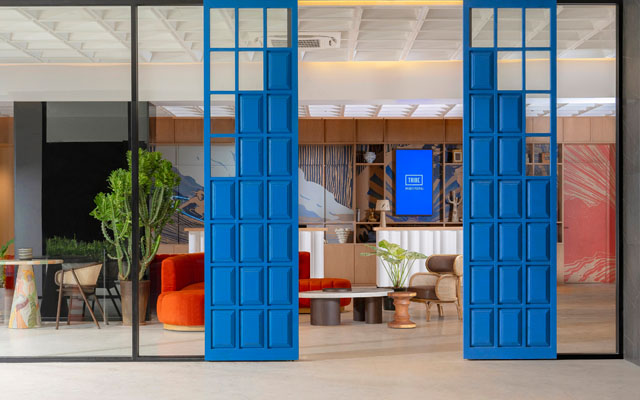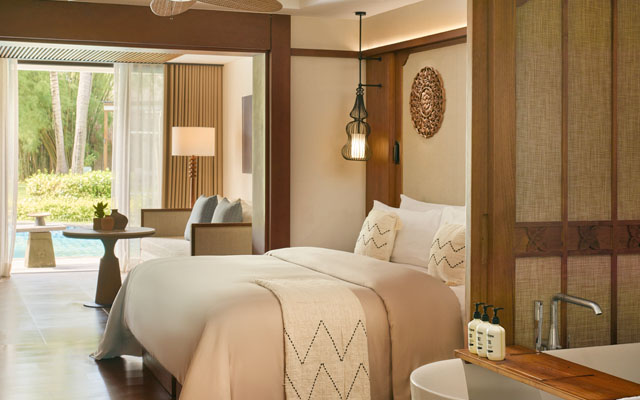Sixteen hotel signings for Accor are scheduled to take place between now and the end of 2025, which would bring the hospitality giant to its target of 10,500 keys across 50 hotels. With this accomplished, Accor will boast its third consecutive record year of new signings.
Andrew Langdon, chief development officer Asia, premium, midscale and economy hotels at Accor, told TTG Asia that the region offers four very active markets this year for hotel development: Vietnam, Indonesia, Thailand and India in descending order.

While many hotel developers and hotel management companies are eyeing Vietnam, Langdon believes that the “pie is big enough” for all major operators.
Having said that, Langdon expressed confidence in Accor’s market leadership.
“Accor is the oldest international operator in Vietnam. We were there first, over 35 years ago. We now have 34 hotels in Vietnam and are by far the largest operator in the country – we are in a strong position. Whenever a developer is thinking about raising a hotel in Vietnam, they will definitely consider Accor,” he stated, adding that Accor has room to introduce many new brands to the country.
Accor signed its first Tribe and Handwritten Collection properties in Vietnam this year.
Notable Asian openings for 2025, according to Langdon, include Tribe Phuket Patong, which opened in September as the fourth Tribe property in Asia and the second in Thailand, and a Handwritten Collection in Singapore, set to welcome its first guests before the end of 2025.
He described Tribe Phuket Patong as “an absolute flagship” and a lifestyle offering for the mid-scale segment. Since opening, the hotel has “done very, very well”.
When asked if Accor shared the same confidence in hitting a fourth record year of signings in 2026, Langdon offered a more conservative outlook.
“It’s unrealistic to say every year is going to be a record year, even though that’s something we all aspire to. It is going to be difficult to have continuing record years because we are concerned that some markets are beginning to slow down in terms of new hotels (in the plans). And even though the pie may expand, it’s getting highly competitive. More of the pie will have to be shared, and this will obviously affect the amount of signings,” he explained.
Langdon said Accor is moving towards “sustainable growth” by “putting the right hotel with the right brand in the right location and destination”.
He projects that Vietnam will remain Asia’s leading hotel development market in 2026, followed by India and Indonesia. He expects opportunities in Thailand to decline due to economic factors and the nearing end of the country’s hotel supply cycle.
He added that the company remained very bullish on Japan and the Philippines, but noted that they were starting from a lower base.
In terms of top-performing brands, Langdon said little has changed – Novotel, Mercure, and ibis Styles have dominated owners’ hearts for the last seven or eight years.
“This is due to a combination of factors. Firstly, brand recognition and brand power. Secondly, economy and mid-scale markets are the fastest growing accommodation segments. Of the target 10,500 keys that we are expecting to sign this year, a third of them will be one of those three brands,” he said.
While Accor expands its portfolio, its development team remains conscious of overtourism concerns. Langdon told TTG Asia that Accor has a 20 per cent rejection rate of hotel projects for various reasons including overdevelopment concerns.
He said the company was “striving to expand beyond traditional tourism markets”, citing the 22 new hotels opened in Japan the previous year, all located in local, domestic areas off the beaten track.


















